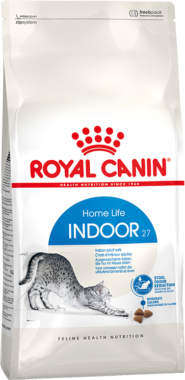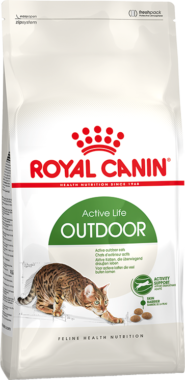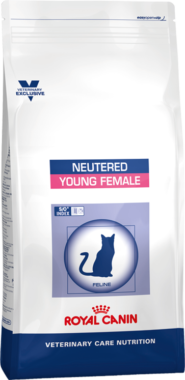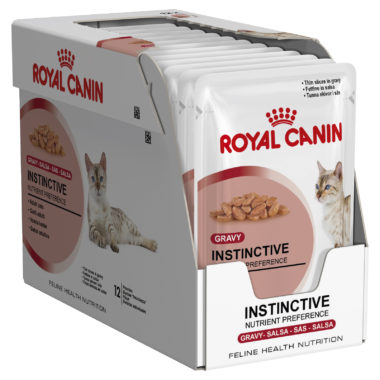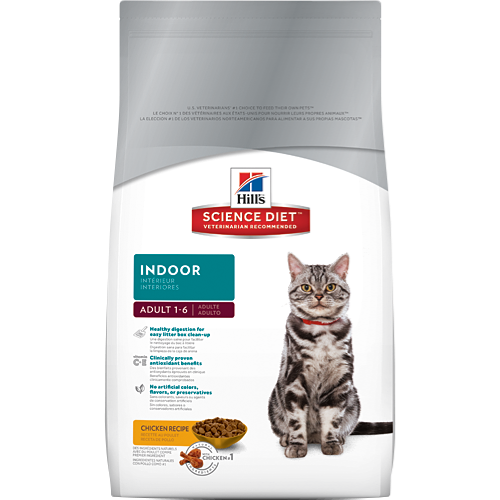Feeding Adult 1+ Years
An adult cat’s behaviour, tendencies and requirements vary based on its lifestyle, sensitivity and breed. The prevalence of excess body weight has increased by 90 percent in cats since 2007 (Source: Banfield State of Pet Health Report, 2012). During this stage of a cat’s life, it’s very important to be aware of the chance of weight gain, especially for indoor cats.
A cat that does not go outside uses little energy. For some cats with a tendency to eat to keep busy, it is essential to set the quantity to be served every day. At the same time, choosing a food with a moderate energy density is crucial to help reduce the risk of excess weight gain. This is also important because indoor cats are typically neutered or desexed. Due to a reduction in hormones after neutering, a cat’s appetite increases and its activity decreases, which is known to lead to weight gain as quickly as 48 hours after neutering.
Visit our Product Finder to find the right diet for your adult cat.
